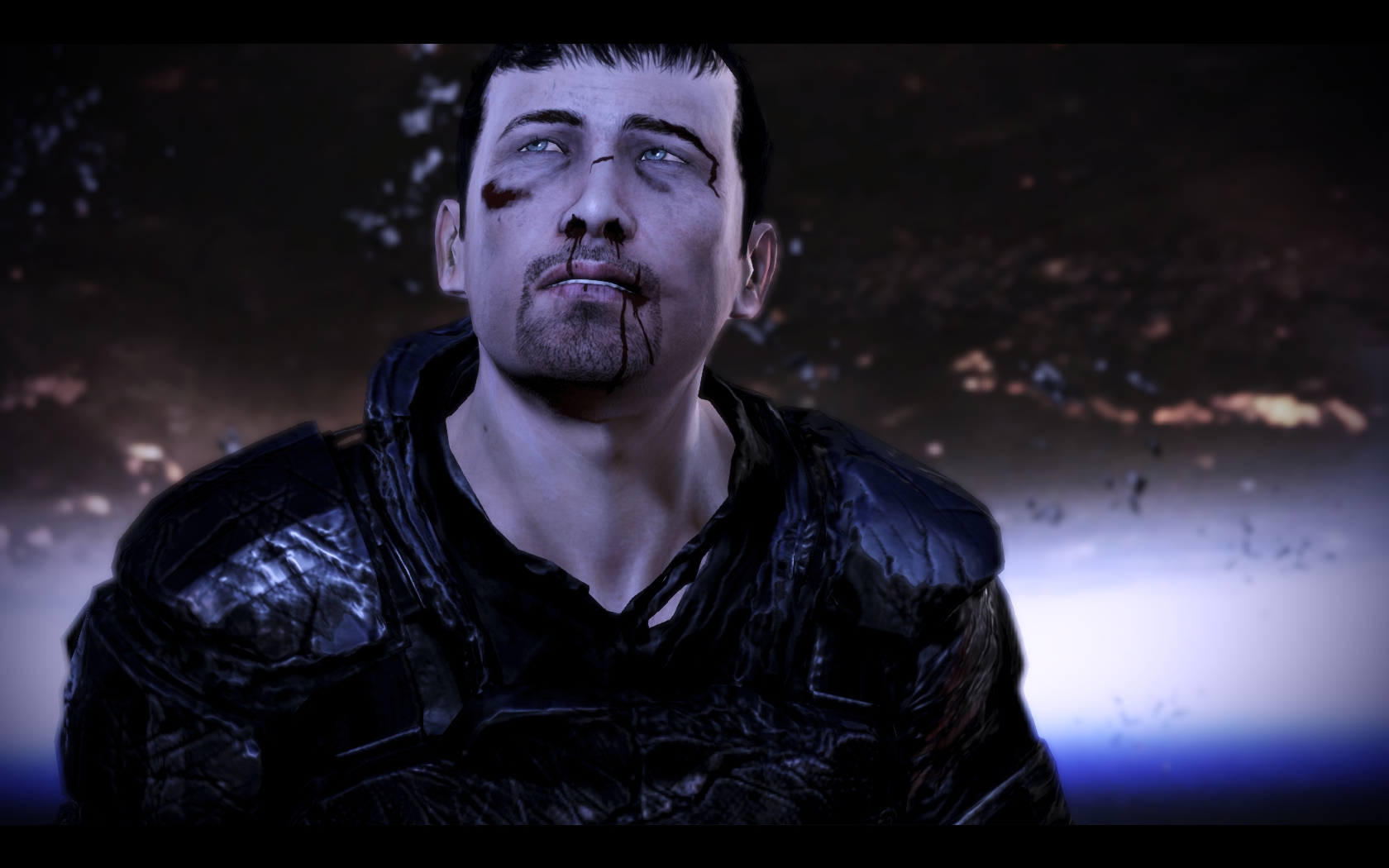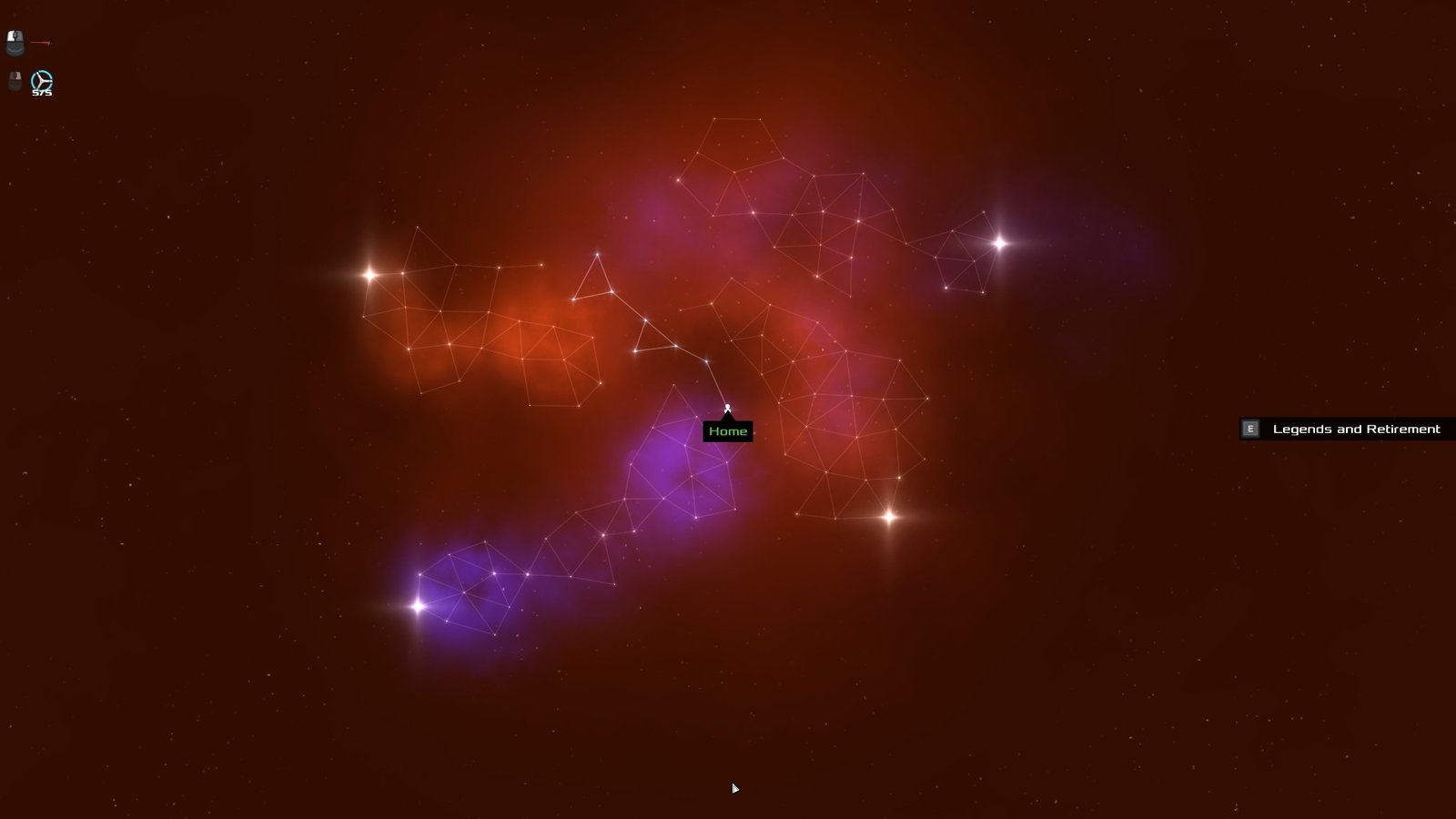Being a rather tiny operation compared to the gaming website behemoths such as Gamespot and IGN, there’s no way I can secure exclusive advanced reviews of the latest games. So rather than even attempt to beat them at their own game, instead I’m going to try something a little different: review games when I’ve finished them. This should avoid the increasing disparity between early reviews and the actual games, caused by journalists only being able to experience epics such as GTA4 for an absurd couple of hours.
‘Finishing’ a game can be a fluid term, of course. In the case of a story-based game, it can be considered reaching the end of the main story. In a puzzle game, it would be completing the puzzles. For a bad game, it would be the moment in which it is uninstalled in a fit of rage and the box thrown bodily out the window. Any review you see at Potential Gamer, therefore, will be of a game that has either been completed and experienced in full, or discarded in disgust. Or, perhaps, both.
Review: Mass Effect
Which brings us to Mass Effect, Bioware’s latest RPG. Released in 2007 for the Xbox 360 and in 2008 for PC, Mass Effect followed the same path as Oblivion, moving the roleplaying genre away from the hardcore and into the mainstream, in the process enjoying rave reviews and top-of-the-chart sales. Just as Oblivion ultimately turned out to be pretty thing with not much in the way of brains, so Mass Effect‘s main challenge was to prove that a mainstream RPG could retain the depth and longevity of their earlier, more niche games such as Baldur’s Gate and Neverwinter Nights.
 Mass Effect tells the story of one Commander Shepherd, a human Alliance operative tasked with saving the galaxy from an imminent and generic sci-fi threat (a returning race of evil machines, hell bent on destroying…everything!). Things certainly get off to a good start, with a fun character creation system masquerading as a faulty Alliance database. The face designing tool is really quite fantastic, almost always resulting in a believable human being that is quite apart from the appalling monstrosities created by the superficially similar system in Oblivion.
Mass Effect tells the story of one Commander Shepherd, a human Alliance operative tasked with saving the galaxy from an imminent and generic sci-fi threat (a returning race of evil machines, hell bent on destroying…everything!). Things certainly get off to a good start, with a fun character creation system masquerading as a faulty Alliance database. The face designing tool is really quite fantastic, almost always resulting in a believable human being that is quite apart from the appalling monstrosities created by the superficially similar system in Oblivion.
The opening hours of the game neatly highlight both its achievements and the myriad missed opportunities and slightly clumsy design decisions. Mass Effect is an ambitious game, attempting to meld the storytelling and character progression found in roleplaying games with the immediate combat of a Gears of War style title, mixed in with the free exploration of Elite and the production values expected of so-called ‘next gen’ games. As if often the case with such chimerical efforts, the result is a mixed bag of compromises, rather than an outright classic. The hope, then, is that the whole will be greater than the sum of its parts.
 Technically the game is largely stunning, particularly in the graphical department. Gone are the days when RPGs had to make do with sub-par visuals – although it could no doubt be argued that certain other, more positive genre traits have also been lost since those earlier years – with Mass Effect depicting a highly varied selection of planets and space stations. This does seem to have come at a cost, though, with supposed hubs of civilisation populated by only a tiny scattering of beings. Although such things might have been acceptable a few years ago, in the wake of Assassin’s Creed it really stands out as a missed opportunity.
Technically the game is largely stunning, particularly in the graphical department. Gone are the days when RPGs had to make do with sub-par visuals – although it could no doubt be argued that certain other, more positive genre traits have also been lost since those earlier years – with Mass Effect depicting a highly varied selection of planets and space stations. This does seem to have come at a cost, though, with supposed hubs of civilisation populated by only a tiny scattering of beings. Although such things might have been acceptable a few years ago, in the wake of Assassin’s Creed it really stands out as a missed opportunity.
Climbing to the giddy heights of technical superiority also seems to have stretched Bioware’s QA teams, with Mass Effect being unfortunately rather bug-ridden, especially compared to all their earlier games. On the Xbox it suffered from lengthy loading times and missing textures, and though both of them are largely fixed on the PC there are some new gems to encounter. Sound has proved rather flakey across a range of systems, often failing to recognise surround sound setups correctly. Even when the sound was supposedly working correctly on my system, audio levels were frequently severely mis-balanced, resulting in dialogue being entirely drowned out by music and sound effects, no matter where the individual volume sliders were positioned. Given that the game’s story hinges almost entirely on dialogue, the dodgy sound mix was quite an inconvenience.
A Securom rant
This all pales into nothingness compared to the now infamous Securom PR disaster. Shortly before the game was released on PC it was announced that a severely Draconian anti-piracy system would be employed, requiring regular Internet checkups, without which users would be locked out of their legitimately purchased game. The inevitable uproar thankfully made EA and Bioware realise the absurd lapse of logic inherent in the system and the Internet checking was mostly removed, although other Securom systems remained. I was largely placated until the recent patch and ‘Bring Down the Sky’ bonus pack was released. Upon installation I suddenly found that right clicking on a file in Windows Vista caused the entire operating system to crash.
That’s right: the Mass Effect patch had broken Vista itself – and it was an unannounced Securom update included in the patch that was the culprit. With the help of Tweakguides.com and a rather tardy ‘hotfix’ from Bioware I was able to resolve the problem, but I fear for less technologically savvy gamers that suddenly found their computers broken in an entirely unconnected area. It was an utterly unacceptable mistake – in 20 years of gaming, across several platforms, I have never known a game to damage the actual operating system. They might damage themselves, or have stability issues, but to damage a completely unrelated part of the OS? Unheard of. Bioware, EA and Securom should all be ashamed.
Normal service resumes
 Returning to the game itself, the overall experience falls mostly into two distinct categories: talking to people, and shooting at people. Usually in that order. The dialogue system is something of a wonder, finally enabling a natural flow to interactive conversation that has never really been experienced before. Shortly before the other character completes their line of dialogue, summaries of your potential responses appear on screen. You can make a quick decision before the previous speaker has finished, allowing your character to reply in a dramatically satisfying and prompt manner. Dialogue is only as good as its delivery and, although Mass Effect takes a firm step forward in terms of photorealistic human faces, the physical acting is unfortunately quite limited, leaving a rather narrow emotional range that never quite lives up to the decent voice acting.
Returning to the game itself, the overall experience falls mostly into two distinct categories: talking to people, and shooting at people. Usually in that order. The dialogue system is something of a wonder, finally enabling a natural flow to interactive conversation that has never really been experienced before. Shortly before the other character completes their line of dialogue, summaries of your potential responses appear on screen. You can make a quick decision before the previous speaker has finished, allowing your character to reply in a dramatically satisfying and prompt manner. Dialogue is only as good as its delivery and, although Mass Effect takes a firm step forward in terms of photorealistic human faces, the physical acting is unfortunately quite limited, leaving a rather narrow emotional range that never quite lives up to the decent voice acting.
 Combat is less successful and will probably feel quite clunky to experienced Gears of War or Max Payne fans, as indicated by disparaging comments in most other reviews. Personally I found it perfectly adequate, particularly compared to the usual offerings in the RPG genre. It’s more satisfying than the floaty weaponry in Vampire:Bloodlines and Oblivion and more immediate than the turn-based system found in Knights of the Old Republic. Although the combat misses out on the tactical depth of traditional RPG combat while still not quite nailing the intensity of a modern shooter, it can nevertheless lead to exciting encounters and, best of all, rarely interrupts the game’s general immersion.
Combat is less successful and will probably feel quite clunky to experienced Gears of War or Max Payne fans, as indicated by disparaging comments in most other reviews. Personally I found it perfectly adequate, particularly compared to the usual offerings in the RPG genre. It’s more satisfying than the floaty weaponry in Vampire:Bloodlines and Oblivion and more immediate than the turn-based system found in Knights of the Old Republic. Although the combat misses out on the tactical depth of traditional RPG combat while still not quite nailing the intensity of a modern shooter, it can nevertheless lead to exciting encounters and, best of all, rarely interrupts the game’s general immersion.
Which brings us to the story: the heart of every Bioware game and its general forte. The Baldur’s Gate games are famed for their stories; Knights of the Old Republic features possibly the best story ever told in the Star Wars universe (yes, including the films) while Jade Empire conjured a whimsical and unusual tale based in a fictional Ancient China. Mass Effect marks their first foray into science fiction without the foundations of an established franchise.
 The main story, while lacking a fresh perspective, is still effective and gripping. The impending return of a deadly machine race, intent on exterminating all organic life, is a suitably intimidating hook on which to hang the rest of the plot. Populating the story are a collection of interesting supporting characters, all of whom have a story of their own, and a range of wildly imaginative aliens that are pleasantly distanced from anything we’ve seen before in Trek, Star Wars or Babylon 5. There are pacing issues, however, with the beginning and end being noticeably tighter than the middle, no doubt caused by the game’s attempt to introduce a more ‘freeform’ style of exploration in the second act. The exploration never quite succeeds, due to a disappointingly indirect spaceflight system and an uninspired copy & paste feel to the galaxy’s destinations.
The main story, while lacking a fresh perspective, is still effective and gripping. The impending return of a deadly machine race, intent on exterminating all organic life, is a suitably intimidating hook on which to hang the rest of the plot. Populating the story are a collection of interesting supporting characters, all of whom have a story of their own, and a range of wildly imaginative aliens that are pleasantly distanced from anything we’ve seen before in Trek, Star Wars or Babylon 5. There are pacing issues, however, with the beginning and end being noticeably tighter than the middle, no doubt caused by the game’s attempt to introduce a more ‘freeform’ style of exploration in the second act. The exploration never quite succeeds, due to a disappointingly indirect spaceflight system and an uninspired copy & paste feel to the galaxy’s destinations.
Character development is also ultimately a wasted opportunity. Your crew is a varied bunch and all enjoy strong introductions, only to disappear fecklessly into the background until summoned. There’s a woeful lack of involvement in the story itself, with each character standing inert at a random location on the spaceship, waiting for you to go and have a chat. It makes them feel more like useless, dull information booths rather than living people, which is a real shame. As there’s no reason to investigate their motivations and pasts other than mere curiosity, Mass Effect overlooks the main purpose of characters: to drive the plot forwards. You could remove almost every single one of the crew and the game wouldn’t need to change a bit.
 The nagging sense that Bioware have somewhat missed the point also applies to the main story itself. While the plot moves ahead forcefully and is consistently entertaining, at no point does it really pause to consider itself. In other words, it’s not really about anything. Occasionally fascinating topics are touched upon, such as galactic political intrigue, humanity’s place amongst the stars, racism against aliens (xenoism?), homosexuality of a sort…but all are ultimately discarded and forgotten in favour of a whizzy space battle against a giant alien killing machine.
The nagging sense that Bioware have somewhat missed the point also applies to the main story itself. While the plot moves ahead forcefully and is consistently entertaining, at no point does it really pause to consider itself. In other words, it’s not really about anything. Occasionally fascinating topics are touched upon, such as galactic political intrigue, humanity’s place amongst the stars, racism against aliens (xenoism?), homosexuality of a sort…but all are ultimately discarded and forgotten in favour of a whizzy space battle against a giant alien killing machine.
A story exists ultimately to explore ideas and themes. It’s a means to an end – you use a story to say something about the world. It doesn’t have to be particularly deep, or clever, but it’s essential if you’re going to have an emotional connection with your audience. Too often games focus on plot and overlook the big ‘why’, and unfortunately Mass Effect falls face-first into the trap. Compare it to, say, Bioshock, which has a fairly light plot but uses it to subtly explore a range of intriguing psychological and ethical concepts. Or The Witcher, which has a similarly dense plot but uses it to effectively explore ideas of sexuality, sexism, trust, terrorism and manipulation. For all its seriousness and pretensions to dramatic intensity, Mass Effect says effectively nothing.
It’s a fun game set in a fascinating universe, but one which is only harnessed in the most superficial of ways. Hopefully now that they have established the technology base, Bioware will be able to use the sequels to scrape away the surface layers and find out what is really at the heart of the Citadel.
[youtube=http://www.youtube.com/watch?v=SVKwOiK47xA]




0 Comments
Mass Effect 3′s Extended Cut an unexpected success « Potential Gamer · July 3, 2012 at 10:37 pm
[…] written enthusiastically about both Mass Effect and Mass Effect 2. Despite flaws, they were both games that fired my imagination and lingered in […]